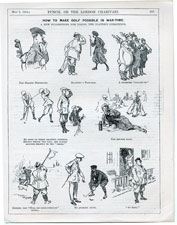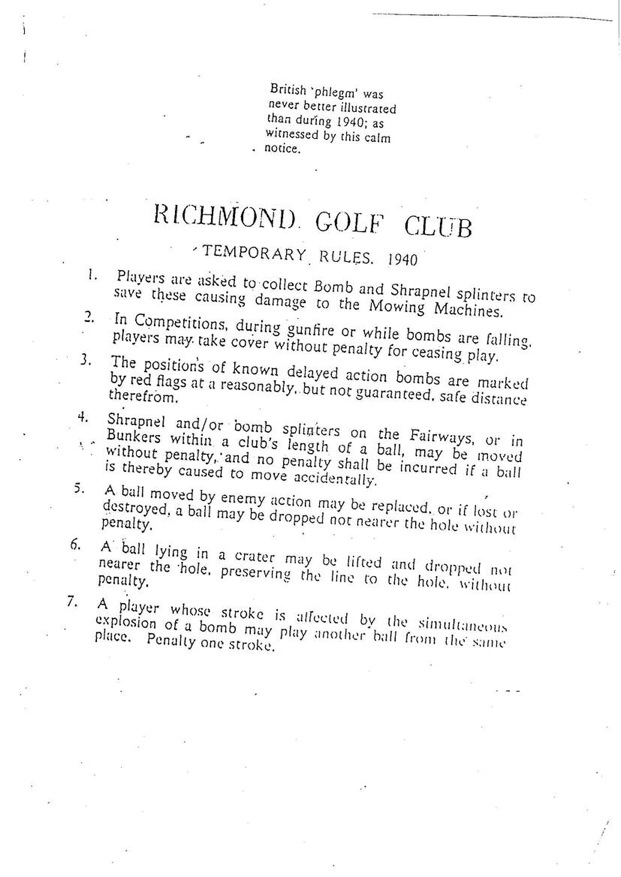
How did WW1 affect the world?
Listen to the full “History Unplugged” podcast here! WW1 caused the downfall of four monarchies: Germany, Turkey, Austria-Hungary and Russia. The war made people more open to other ideologies, such as the Bolsheviks that came to power in Russia and fascism that triumphed in Italy and even later in Germany.
How did WW1 change the course of history?
As a result of the entry of the United States into World War I, the war changed the course of American history. At the time of the armistice, more than four million Americans had served in the armed forces, and 116,708 had died. Ernest Hemingway and John Dos Passos both wrote about the war.
How did WW1 affect other ideologies in Europe?
The war made people more open to other ideologies, such as the Bolsheviks that came to power in Russia and fascism that triumphed in Italy and even later in Germany. WW1 largely marked the end of colonialism, as the people became more nationalistic and the one country after the other started colonial revolts in...
What was the impact of WW1 on research in technology?
WW1 boosted research in technology, because better transport and means of communication gave countries an advantage over their enemies. The harsh conditions of the Treaty of Versailles caused a lot of dissent in Europe, especially on the side of the Central Powers who had to pay a lot for financial reparations.

How did golf change over the years?
The modern golf ball is much more technologically advanced than a ball from twenty or even ten years ago. The golf ball has gone from mainly being a two to three piece construction to sometimes having five pieces. Typically speaking, the more pieces a golf ball has, the higher the performance on the course.
How was golf first invented?
Golf originated from a game played on the eastern coast of Scotland, in an area close to the royal capital of Edinburgh. In those early days players would attempt to hit a pebble over sand dunes and around tracks using a bent stick or club.
How did golf spread around the world?
Spreading Golf Around the World Scottish soldiers, immigrants, and expatriates played a pivotal role in the history of golf. They were responsible for spreading the game around the British Isles during the 18th century. However, it wasn't until the 19th century that the game started to gain an international presence.
Why is golf called golf?
The word 'golf' is not an acronym for anything. Rather, it derives linguistically from the Dutch word 'kolf' or 'kolve,' meaning quite simply 'club. ' In the Scottish dialect of the late 14th or early 15th century, the Dutch term became 'goff' or 'gouff,' and only later in the 16th century 'golf.
Why does golf have 18 holes?
Andrews formalized the rules and stated, “One round of the Links, or 18 holes is reckoned a match, unless otherwise stipulated.” Legend has it that the reason for 18 holes is that a bottle of whiskey contained the same number of shots as holes on a course, thus providing just enough drink for a shot on each hole.
When did golf become popular?
19th centuryIt wasn't until the 19th century that golf began to expand in popularity. Its growth, in large part, was due to the Industrial Revolution; the creation and development of the Scottish railway system allowed for English tourists to take the train to Scotland for golf trips and holidays.
Which country invented golf?
ScotlandAndrews, Scotland. It was here at the St. Andrews Golf Links that the R&A was formed and where the 18-hole round was established.
Why has golf become so popular?
Many people choose golf because it offers an excellent overall package. They can enjoy the sport itself, but the setting gives the opportunity to make it so much more. Golfers will often take their families on holiday, take trips with their buddies, or take some time away with colleagues or business associates.
What happened to the golf course in the 1940s?
As you can imagine, the place has a lot of history, including that time a German bomb was dropped onto one of the holes during the 1940 Battle of Britain . If the sport itself isn’t enough to stop golfers from golfing and the Blitz wasn’t enough to stop Britons from going about their lives, then a few bombs on the course isn’t about ...
What is the rule for dropping a golf ball nearer the hole?
Rule 5: …Unless the enemy does it. “A ball moved by enemy action may be replaced, or if lost or destroyed, a ball may be dropped not nearer the hole without penalty.”. The Richmond Golf Club in Surrey, England in 1900.
Who told O'Neill the play had actually been used by an NFL team?
During an interview with NFL analyst Rich Eisen, Eisen told O’Neill the play had actually been used by an NFL team. O’Neill is an avid football fan and former NFL player who was a linebacker for the Pittsburgh Steelers before being cut by the team in 1969. He had no idea.
Who ran the ball in for another touchdown?
Brockel ran the ball in for another touchdown and the Panthers would win the game, 28-13. After the game, reporters wanted to know where head coach Ron Rivera drew inspiration for the play. The answer was the movie, Little Giants.
Is World War II a mulligan?
Rule 7: World War II is not a mulligan. “A player whose stroke is affected by the simultaneous explosion of a bomb may play another ball from the same place. Penalty, one stroke.”. MIGHTY SPORTS.
How did the First World War affect the world?
It brought about many changes in world order with the collapse of several empires, revolutions in various parts of the world, the rise of new nation states and the emergence of the United States as a leading world power.
What was the impact of Russia's poor performance in the Great War?
Russia’s poor performance in the Great War acted as a catalyst in quickly deteriorating the situation. Russia suffered heavy losses in men and territory and the social situation led to the Russian Revolutions of 1917.
What happened to the Ottoman Empire during WW1?
As the Ottoman Empire crumbled in the decades leading up to WW1, suspicion against the Armenians grew and brutal action was taken against those who protested against the empire. Things came to a boil after the Ottoman defeat against the Russians in the Battle of Sarikamish in the early stages of World War I.
What were the four monarchies that were the final death blows of WW1?
They were namely the Hohenzollern, the Habsburg, the Romanov and the Ottoman. These had dominated the political scene in Europe for centuries.
What was the result of the Turkish War of Independence?
This led to a national revolt under Mustafa Kemal Ataturk, against both Ottoman Empire and the Allies. The five year struggle known as the Turkish War of Independence led to the Treaty of Lausanne in 1923 that superseded the Severes Treaty and established the Republic of Turkey. The monarchy was abolished and the last Sultan was exiled from Constantinople.
What was the problem with Austria and Hungary?
The problem would in fact lead to the assassination of Austro–Hungarian heir apparent Franz Ferdinand by a Bosnian Serb, an event that caused Austria Hungary to start the First World War. The Austro Hungarian Empire completely ceased to exist as the War ended in the defeat of the Central Powers. Centuries of Hapsburg rule in central Europe ended with their exile. Moreover, Austria and Hungary were separated and reduced to small states surrounded by new and often less than friendly countries.
How many Armenians were arrested in 1915?
Any resistance was used as a pretext for harsher measures and, on April 24, 1915, close to 250 Armenian politicians and intellectuals were arrested. Most scholars agree on the date, as the beginning of the Armenian Genocide that would involve the persecution of almost 1.5 million Armenians in the coming years.
What Impact Did Ww1 Have On History?
In the aftermath of the First World War, empires were destroyed, numerous new nations were created, independence movements were encouraged in Europe’s colonies, the United States became a world power, and the rise of Hitler was directly related to Soviet communism.
How Did World War One Affect America?
As a result of the war, US society became hyper-vigilant, which led to outbreaks of violence against people perceived as being disloyal to the country. Germans-Americans suffered the most from the Holocaust. Immigrants and socialists were also harassed and threatened.
How Did Ww1 Change American History?
As a result of the conflict, conscription, mass propaganda, the national security state, and the FBI were all elevated. As a result, income taxes were accelerated and urbanisation was accelerated, making America the world’s pre-eminent economic and military power.
Why Is Ww1 Significant To Human History?
In the 20th century, World War I was the first truly global war and had a profound impact. Over 38 million civilians and soldiers were killed as a result of the use of new weapons and the horrible conditions of the trenches during the war.
Why Is World War 1 Important In History?
As a result, four great imperial dynasties (in Germany, Russia, Austria-Hungary, and Turkey) fell, the Bolshevik Revolution in Russia led to the destabilization of European society, and World War II was laid out.
